Author: Sun Xiaoshu
On May 25, Tesla’s official Weibo announced that “we have established a data center in China to achieve local data storage, and will gradually increase more local data centers.”
In fact, Tesla’s local data storage is not surprising. Tesla’s direct announcement that “it has been established” seems sudden, but it is just the normal execution of Tesla’s established plan. Looking back, there were already signs of local storage of Tesla’s intelligent networked car data.
Timeline of Tesla’s Data Incident
In March, Tesla’s camera privacy incident in China was fermenting. The Wall Street Journal learned from insiders that the Chinese government had begun to restrict military personnel and key state-owned enterprise employees from using Tesla. In response, Tesla CEO Elon Musk stated that Tesla would never provide any vehicle or user data collected in China and other countries to the US government. Tesla also stated that it will establish a data center in China to store data locally.
In April, Tao Lin, Tesla’s global vice president, stated during the Shanghai Auto Show that “when Tesla launched the Shanghai project, it began to build a domestic data center. The data center should be completed in the second quarter of this year. The data center is owned by Tesla, but some parts will cooperate with Chinese companies.”
On April 28, the National Information Security Standardization Technical Committee issued a notice on soliciting opinions on the draft of the standard “Information Security Technology Interconnected Vehicle Data Collection Security Requirements.” Regarding data cross-border issues, the notice clearly pointed out that data such as roads, buildings, terrain, traffic participants, and vehicle location and trajectory related data collected by interconnected vehicles through sensors such as cameras and radars from the external environment of the vehicle shall not leave the country.
On May 20, the Secretariat of the China Internet Security Association, together with the Internet Governance Research Center of Tsinghua University and the Fuxi Think Tank, held an expert seminar on the “Regulations of Automobile Data Security Management (Draft for Comment)” in Beijing. Tao Lin, Tesla’s global vice president, and Zhang Dong, director of government affairs, attended.
Therefore, different from the widely known external public relations temporary response, from the country’s series of data security actions and Tao Lin’s attitude, the completion of Tesla’s Chinese data center on May 25 seems to be the product of long-term planning and compliance operation.## Car Data is Becoming More and More Important
The “blood and arteries” of the industrial age were “oil + trade”, while in the information age, that lifeline is “data,” more precisely, a massively scaled dataset.
According to reports from the International Data Corporation, the global volume of data will double every three years. It is estimated that by 2022, the total amount of data will reach 80 ZB, and by 2025, this number will reach 175 ZB. The amount of data related to automotive is also rising along with the trend toward intelligence.
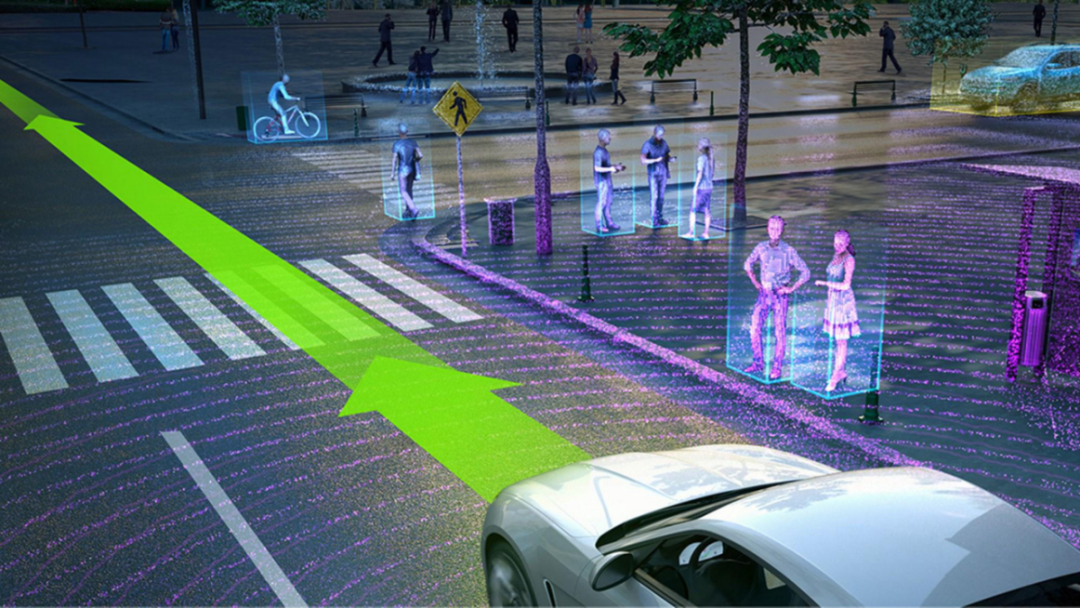
An autonomous car fleet equipped with a large number of sensors, with a scale of only 100 vehicles, can generate 10 TB of data per hour, and data generated per day can even reach PB level. Waymo, which entered the field of autonomous driving earlier, has already accumulated more than 20 million miles (about 32 million kilometers) of autonomous driving data, and Baidu’s L4 autonomous driving test mileage has also exceeded 10 million kilometers.
Tesla has also benefited from its forward-looking autonomous driving framework, owning a fleet of one million autonomous vehicles that can provide ample data nutrients every day, supporting the training and rapid iteration of autonomous driving algorithms, and leaving the competitors far behind in the field of autonomous driving.
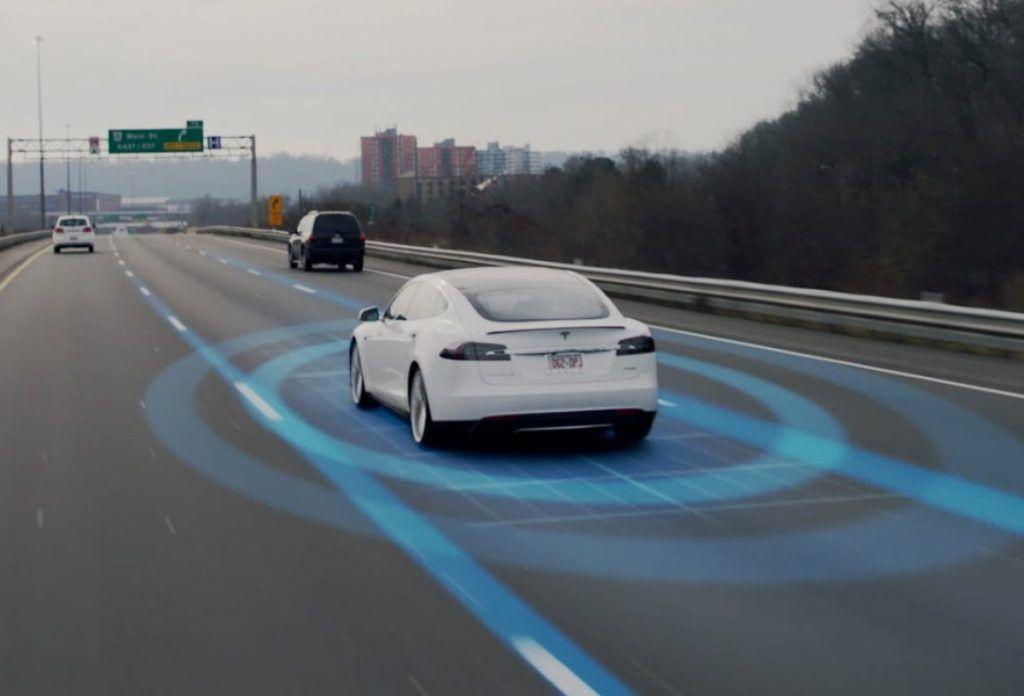
In the foreseeable future, there will be more followers joining the ranks of data iterative algorithms. The value of data generated by smart connected vehicles is expected to continue to grow, but along with it comes the issue of data security.
Autonomous driving cars, equipped with high-definition cameras, LIDAR, and 4D imaging millimeter-wave radar and other sensory sensors, have powerful environmental data acquisition capabilities, inevitably involving protected content in sensitive locations. If this sensitive data is transmitted across borders, the difficulty of subsequent governance is enormous, and mishandling could even impact national security.
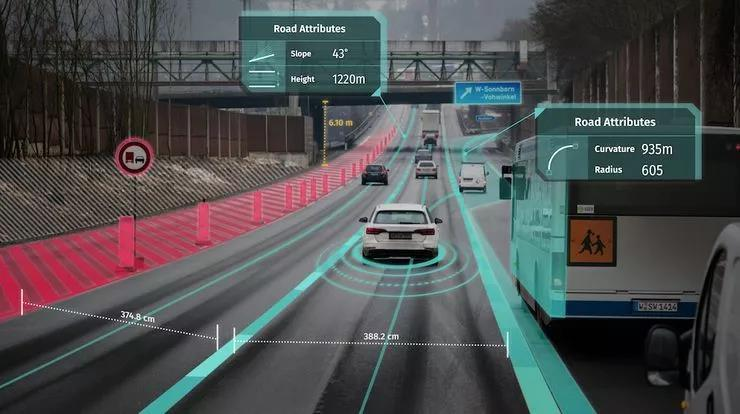
From national data security to personal privacy protection, in the internet era, we are already in an environment of info-nudity. How many people have had a similar experience, just talking with friends about a certain product while the phone will push accurate advertisements related to that product. In the era of smart connected vehicles, personal data privacy will bring new challenges.
For example, many current car models are equipped with fatigue driving warning systems. By monitoring the driver and the road ahead with cameras inside and outside of the car respectively, any issue of driver fatigue, yawning, drowsiness and other erroneous driving states can be promptly analyzed and reminded.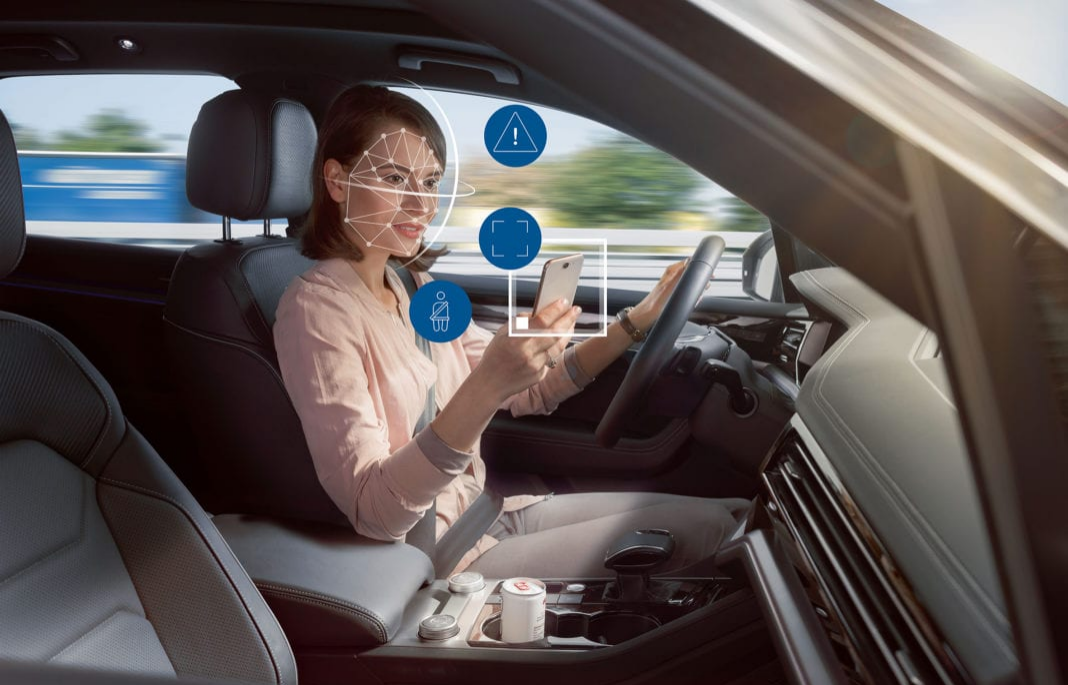
Users gain security protection with warning, but only if they provide personal facial information. Where these data are uploaded and how they will be used, users have no idea. In the future, intelligent cabins may obtain more detailed user data through techniques such as voice interaction, facial expression capture, and body temperature monitoring.
Smart connected cars not only bring more intelligent service experiences but also raise more information security and personal privacy issues. However, while information security and privacy protection are important, space and freedom are also essential if new things are to develop. Balancing intelligent connected car data management and control is a great challenge for intelligence.
如何管理智能网联汽车数据
Sovereignty awareness of data is awakening in various countries, and local data storage is gradually becoming a trend. In the internet industry, Apple is storing user data for Chinese users in “iCloud Guizhou,” and TikTok is also required to store user data in the United States.
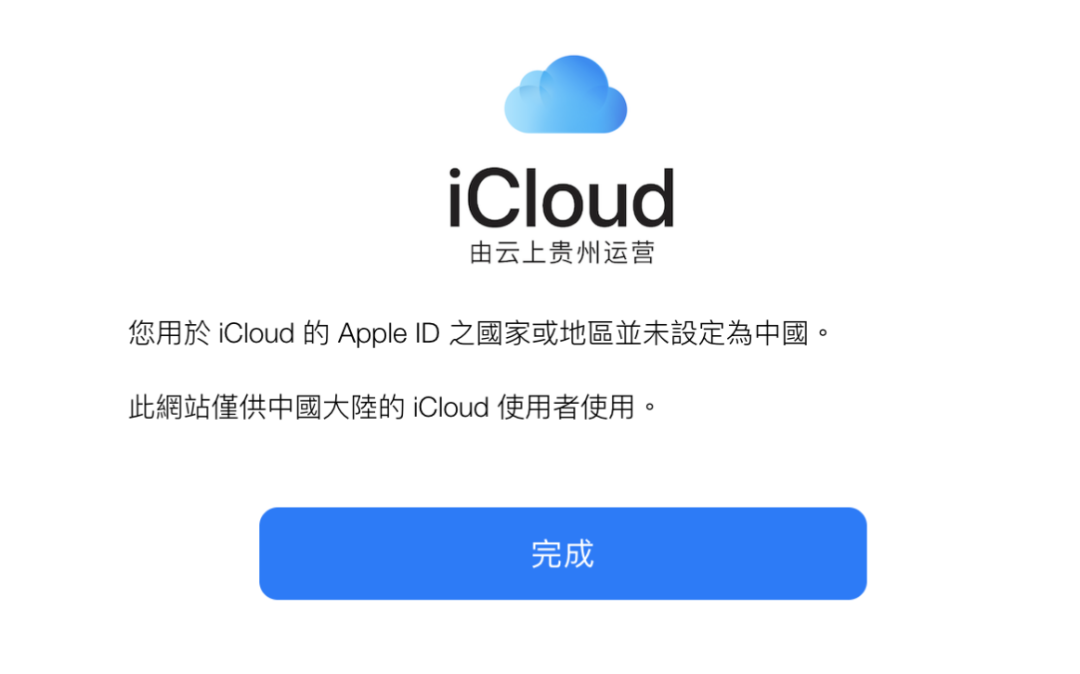
Returning to the automotive industry, the “Notice on Soliciting Opinions on the Safety Requirements for Collecting Data in Intelligent and Connected Cars” has given clear instructions: data collected by intelligent connected vehicles shall not leave the country. The first step to solving the problem of intelligent connected car data security is local data storage.
Local storage of intelligent car data began with Tesla, but is not limited to Tesla. Participants in the May 20th “Several Provisions on the Management of Automotive Data Security (Consultation Draft)” seminar included not only Tesla personnel, but also Baidu Vice President Wu Mengyi, Deputy Dean of the Institute of Public Policy Guining, and Alibaba Cloud Automotive Industry Solution General Manager Dai Lin and other industry representatives.
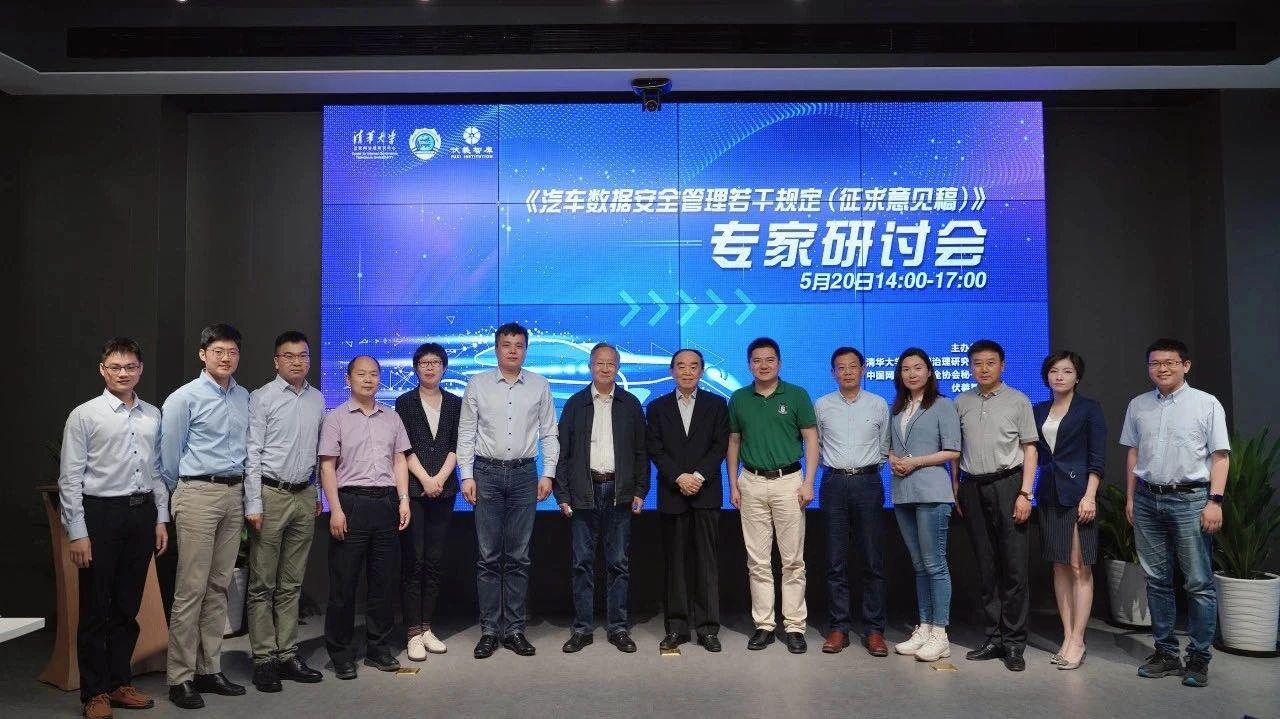
Automobile data security is actually a problem for the entire intelligent connected car industry. Other multinational automakers outside of Tesla have successively established large-scale data centers in China and other regions, which may be the future norm.
After data is stored locally, monitoring and processing become new issues, especially data de-identification. The data collected by smartphones needs to be cleaned and de-identified before it can be uploaded and utilized, and collected data from intelligent cars is no exception.
Tesla has established a data center in China, so sensitive information will undoubtedly be cleaned and de-identified. Data that is difficult to de-identify will be directly sealed locally and not allowed to be transmitted if it does not touch on national security and personal privacy.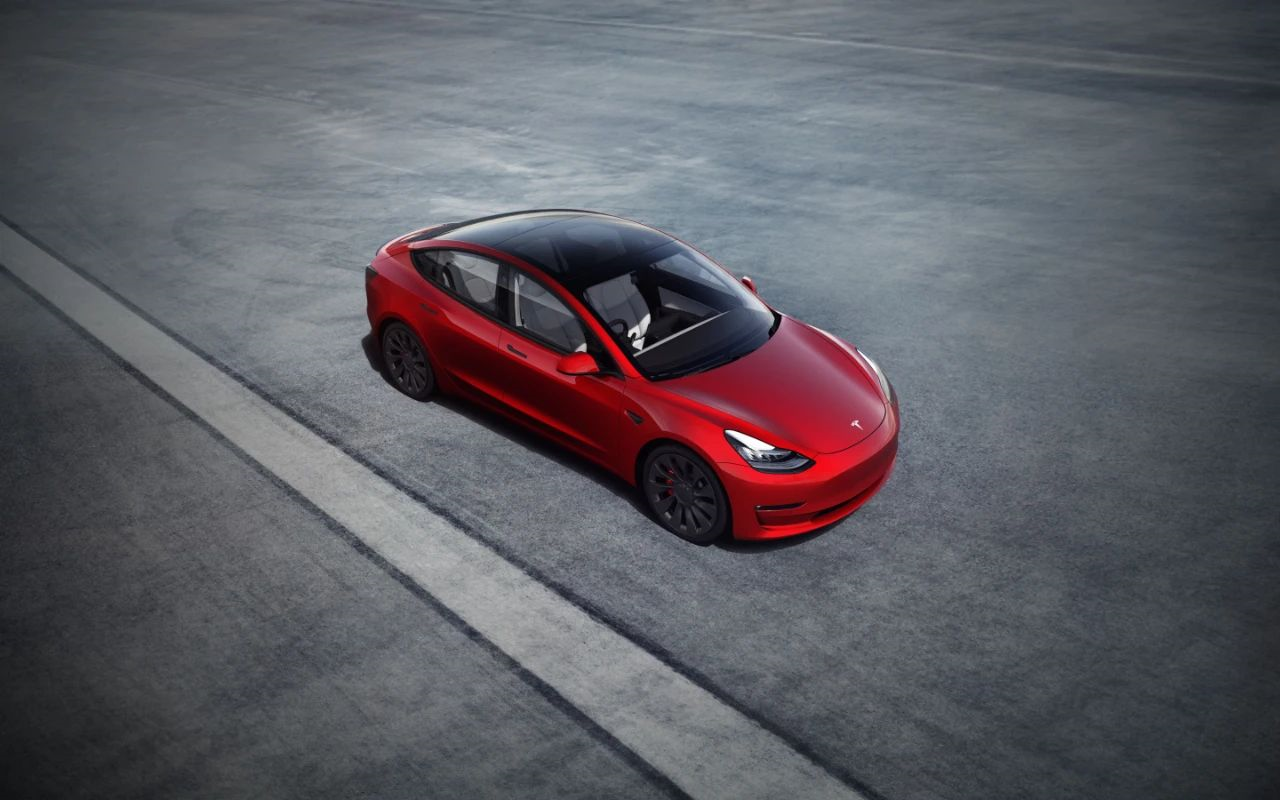
For Tesla, if the data to be desensitized only involves sensitive regions and not important information such as road signs, it will not cause too much trouble for its data application.
Actually, the problem with Tesla is essentially about how we deal with the new ecology brought by the new-born intelligent connected vehicle. Compared with the traditional era of automobiles, the software technology of intelligent connected vehicles is developing too rapidly, while laws and regulations and regulatory measures cannot keep up with the pace of technological progress. Most of the time, Tesla is as the representative of new things, which is put under the spotlight.
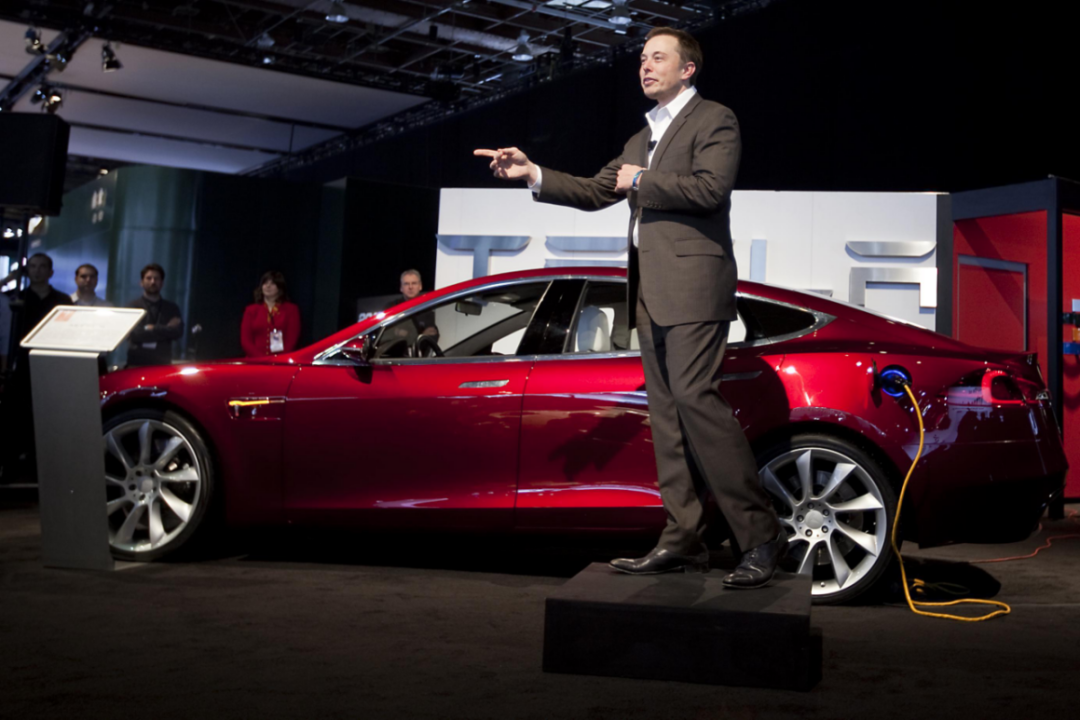
Yang Diange, the founding dean of the School of Vehicle and Mobility of Tsinghua University, said that “in the case of incomplete technical means and imperfect management system, more stringent management methods should be adopted for cross-border transmission, and data should be blocked as soon as possible, and only the desensitized data that really needs to be transmitted globally and is not involved in confidentiality can be used for joint research and development.”
Various major economic entities have long been exploring and improving the management systems for data security. The General Data Protection Regulation (GDPR), which was promulgated by the European Union on May 25, 2018, is the important legal basis of the regulation against internet giants like Facebook and Google.

Silicon Valley brings together the world’s top high-tech institutions. To deal with the privacy protection issues that come with technological progress, California passed the California Consumer Privacy Act (CCPA) on June 28, 2018. CCPA gives consumers more control over personal information and faces data collection by enterprises.
China is also promoting legislation for data security protection. The Personal Information Protection Law, promulgated on October 21, 2020, drew on the content of GDPR in Europe. The Protection Law, if passed, will become the first regulation in China aimed at solving data privacy problems and providing personal data protection for citizens.
On the other hand, the improvement of technical means is also an important aspect to ensure data security. For example, in database security technology, core and sensitive data will be encrypted and stored, and data leakage will be prevented by firewall. Desensitization processing such as anonymization and traceable processing such as digital watermarking will also be conducted.### Conclusion
The huge and exponentially growing data generated by intelligent connected vehicles, as well as the new forms of data in new scenarios, will pose new requirements for data storage, de-identification, transmission, and other aspects. Tesla’s establishment of a data center in China signifies the country’s emphasis on data security issues in the entire automotive industry and has taken corresponding actions. On the other hand, as the intelligent connected vehicle industry moves towards maturity, it is inevitable that it will generate even larger amounts of data. The more standardized the collection, storage, transmission, and development processes are, the more conducive it will be to the development of the intelligent connected vehicle industry.
This article is a translation by ChatGPT of a Chinese report from 42HOW. If you have any questions about it, please email bd@42how.com.